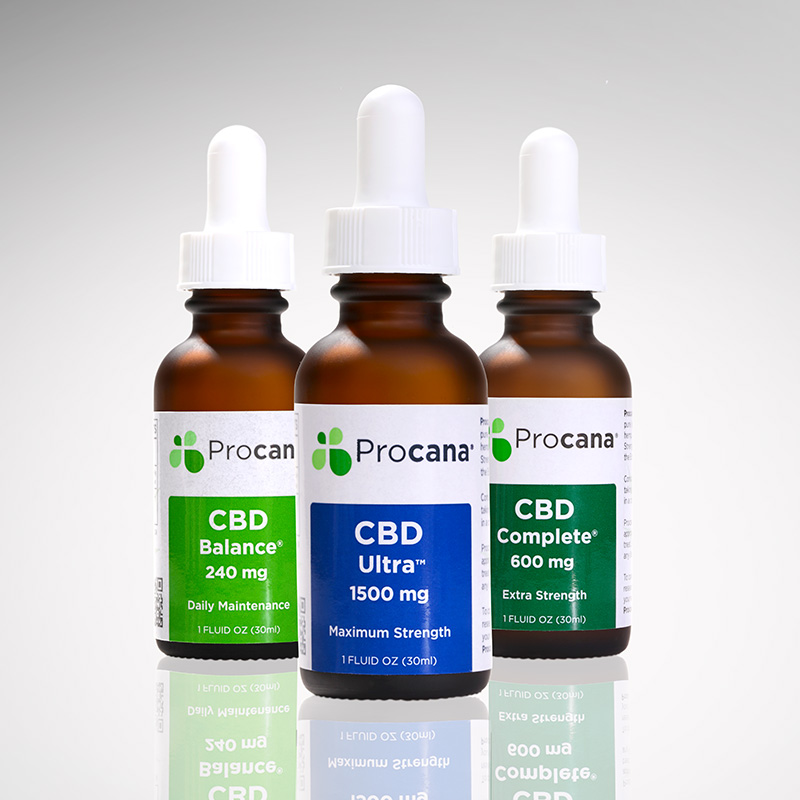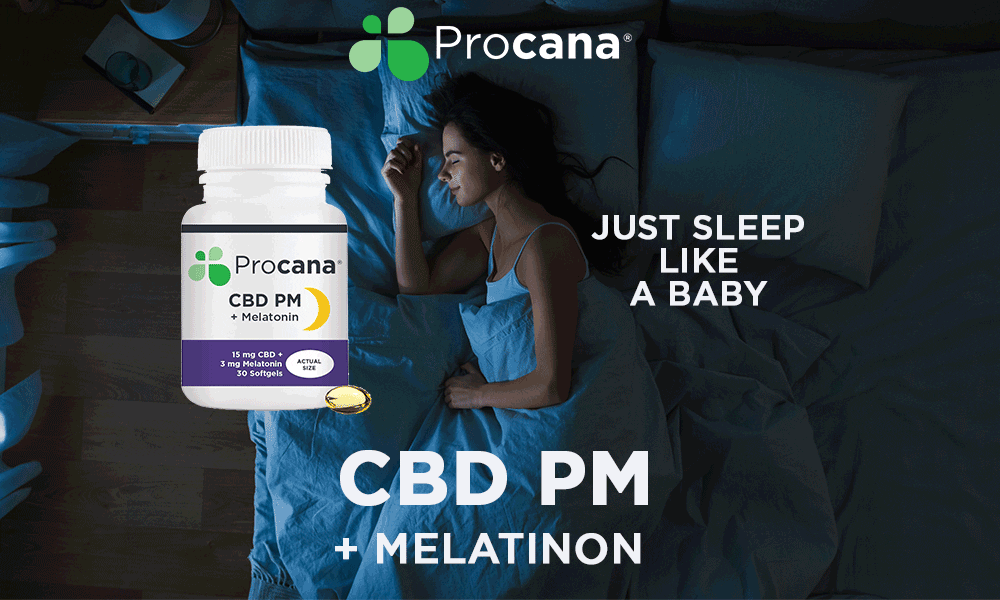CBD is a well-known cannabidiol that is known for its potential health benefits. Over the past few years, the use of CBD and its products has increased tremendously. CBD has different properties compared to its cousin THC. CBD doesn’t produce high-head effects like THC, so people like to use it to reap health benefits. CBD has been touted as a magical product that can positively affect different health conditions like tension, chronic pain, and even heart disease. Like every other substance, CBD also has varied effects, such as it can lower the heart rate, but sometimes it is effective in heart diseases. Let’s see what the research says.
CBD and Heart Health: What Does Research Say?
Chronic heart issues can put you at risk. You can be more prone to strokes and heart disease if these issues are left untreated. Sometimes blood vessels in the brain can also burst, causing a stroke. It has a calming and soothing effect on the heart. So it tends to slow down the heart rate, which is beneficial for those living with high blood pressure; such people are at risk of a heart attack. It also lowers the metabolic rate in heart muscles. However, it is worth noting that CBD only mildly affects the heart rate. Generally, THC affects the heart rate differently compared to CBD. THC increases the heart rate, and its effects are stimulating, while the CBD heart rate effect is calming.
- According to a review published in 2010, CBD helps protect stroke patients from brain damage and even aid recovery by boosting brain function. Most strokes and nerve damage in the brain are due to high blood pressure. CBD also helps to lower blood pressure and reduce the tension in nerves.
- Similarly, a systematic review also supports that CBD helps to reduce blood pressure. Remember one thing these all are animal studies. Further studies and trials are required to fully understand the potential effects of CBD in humans under normal and traumatic conditions. In a 2009 complex study, rats were subjected to a traumatic situation. As a result, their blood pressure increases, and it affects heart rate also. Then they were subjected to CBD, which lowered both their blood pressure and heart rate.
- Similarly, in another study, healthy human volunteers were subjected to tension, and then CBD helped them to rescue. The CBD not only lowers their blood but also reduces the heart rate. There was no change in the condition of volunteers in the other group.
- So, more research and clinical trials are needed to say for sure that CBD may be helpful in lowering blood pressure and heart rate under stressful conditions.
- However, a review of twenty-five studies found that there’s no evidence that CBD provides similar results under non-stressful conditions.
- It is also important to know that individual sensitivities differ, and in some, CBD may cause a mild increase in heart rate with lowering blood pressure. When CBD is used at extremely high doses like six-hundred mg a day, heart rate also increases. However, in most people, a normal dose of seventy mg per day would have a relaxing effect. It is crucial to remember that its heart action will depend on the dosage and will change over time. So different people and their heart rates will be affected differently by CBD.
How to Use CBD for Heart Issues?
According to some studies, CBD can lower the heart rate, but CBD also has some positive effects on heart health. The latest studies also show that CBD may have a much more impact on heart health, as researchers expect. It may alter harmful responses and help prevent the formation of plaques in veins/arteries. Regular use of CBD may exert a protective action on the cardiovascular system. CBD is available in different forms like CBD softgels, CBD gummies, and tinctures and oils. CBD oil and tincture are used sublingually and considered safe for human use. Other products like gummies, softgels, and edibles may have some other ingredients, while tinctures and oils have CBD as a major ingredient. CBD oil produces faster and stronger results than topical or edible CBD products.
If you don’t have any severe health issues, then you can take CBD to improve your overall well-being, including heart health. You can start to form a low dose and increase it gradually by knowing your tolerance level. With the gradual use, you may know well how your body reacts to CBD.
Always choose a quality CBD product that offers third-party testing. Third-party testing will help you ensure that the CBD product you are taking is accurately labeled. Nowadays, it is very crucial because, according to a study, only about thirty-one percent of products are accurately labeled regarding their CBD content concentration and claims. Some products falsely claim and mislabel their products. Such products may prove harmful to the human system.
If you are already on certain medicines related to heart issues, then don’t try them without consulting with a doctor. CBD can interact with other medicines or may cause some other side effects as every human is unique, and their bodies react differently. So discuss with your doctor why you want to use CBD and whether you can use CBD or not for that particular heart issue. Your doctor or cardiologist can guide you better and suggest you better.
To Conclude..
So, although studies indicate that CBD lowers the heart rate when individuals are exposed to tension or in a traumatic condition, a high dose of CBD can cause a mild increase in heart rate sometimes. A few studies also did not find CBD effective, so there is a mixed bag of reviews and research. Most importantly, maximum research has been done on animals, so more human studies are required to explore the true potential of CBD. More human clinical trials can find out how CBD can improve heart health and prevent heart from future complications.





